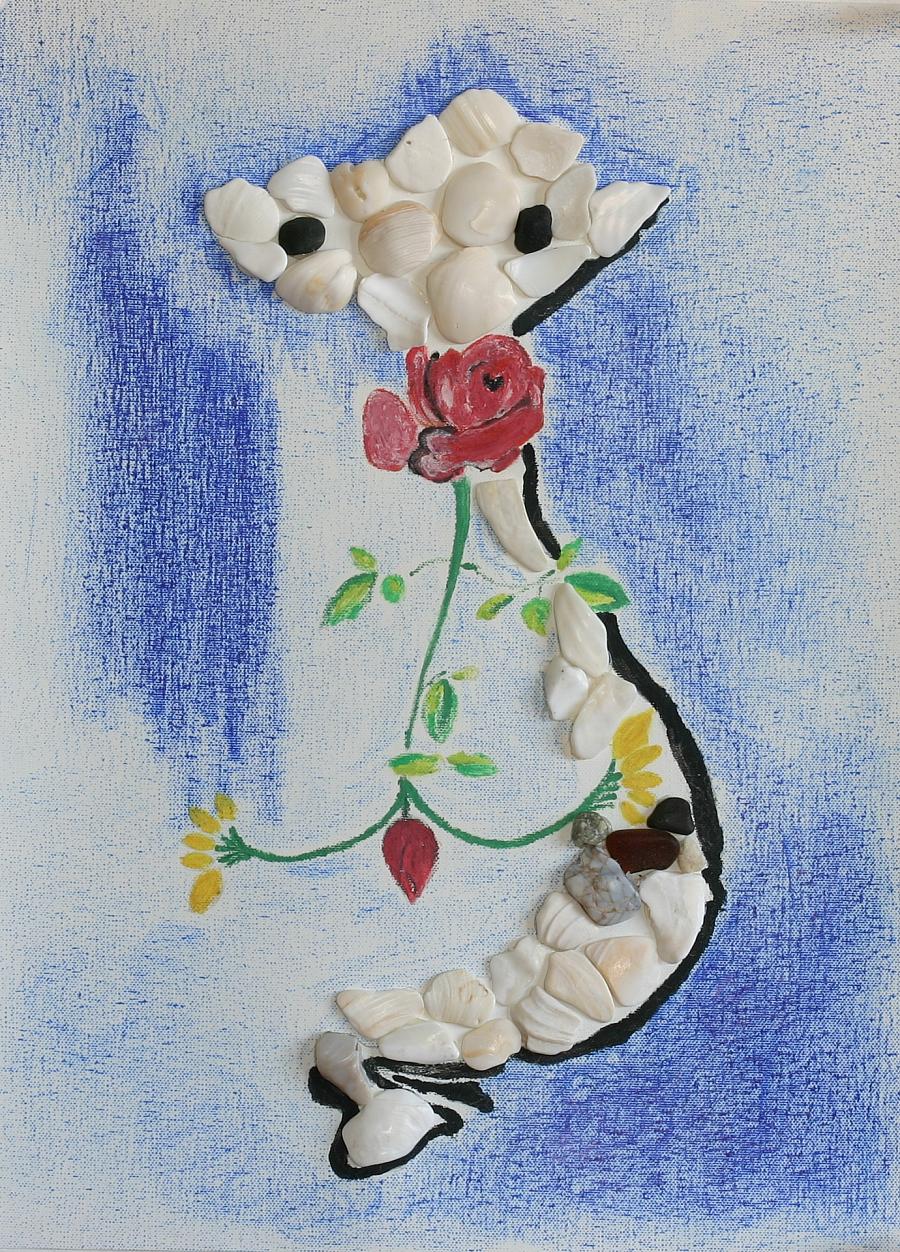The Vietnamese Community and Trauma: Whose story is this? Why does it matter?

As the day of publication is forthcoming for my series, I would like to share some thoughts on who owns the story, and why the readers would care about this topic. At the start of this fellowship in November 2011, I had wanted to keep a regular blog about the series. That has proven to be more difficult than it seems. First, the story was still materializing, so I did not know how to ‘put it out there' yet. Second, I did not want to ruin it for the readers by revealing too much information, and struggled with what could be revealed early. Third, I was occupied with my other obligations, and delayed posting for a while.
Though I still have to keep the content of the series a secret, I hope I can think with you, the RoH members and visitors, about some aspects of the series.
I have worked in the Vietnamese American communities since 1994, with a focus on Orange County. My project will be published both in print and online with Vietnamese-language media in the US (Orange County, Houston, San Jose, Seattle/Portland, Texas), Canada, and the UK. My reporting has been accessible via the web for the Vietnamese diasporas in other parts of the world. Thus, I have received direct feedback online for my previous publications.
For the California Health Journalism Fellowship story, I look at how trauma and loss affect emotional health of Vietnamese American women (and their families, particularly children and grandchildren), as described here.
The stake holders of my series are anyone who have experienced trauma/loss/PTSD – especially those of Vietnamese descent (in the US and other parts of the world), policy makers, health care providers, social workers, scholars/researchers, high school/college students, activists, religious leaders, community leaders, educators, etc. An important audience of my series is the Vietnam War veterans on both sides of the Pacific Ocean, and other parts of the world (Vietnamese former service personnel resettling in other parts of the world, or soldiers who came from other parts of the world other than the US to fight in the Vietnam War), as well as their descendants.
This story resonates with almost everyone, since it deals with war experiences, imprisonment, caring for disabled family members (children), surviving hard times, making ends meet, determination, seeking health care/treatment for sensitive issues, cancer survival, immigration, acculturation, faith, etc.
As a strong believer in human interconnectedness, I genuinely consider my work a 'public' property, since my work is based on the contributions of narrators/interviewees and other community members. At the same time, my project touches on so many aspects of the community: family life, community/personal history, illness, cultural strengths/assets, etc. I anticipate community engagement in the form of forums, talks, radio/TV interviews, comments on facebook and RoH, etc. It is likely that I will be giving bilingual talks in the community or university classes in connection to this series.
As I reflected on the usefulness of this series, I thought about both on- and off-line impact. I have received comments on my stories, both via email, comments online, or facebook. The wide distribution of this project will also generate discussions with or without my participation in other parts of the country and the world. At several community events in Orange County, CA, folks would come to me and tell me that they follow my work - that's how I know what people are thinking. University professors have also asked to cite my articles published in Vietnamese-language media. I expect similar feedback or interactions with this project.

